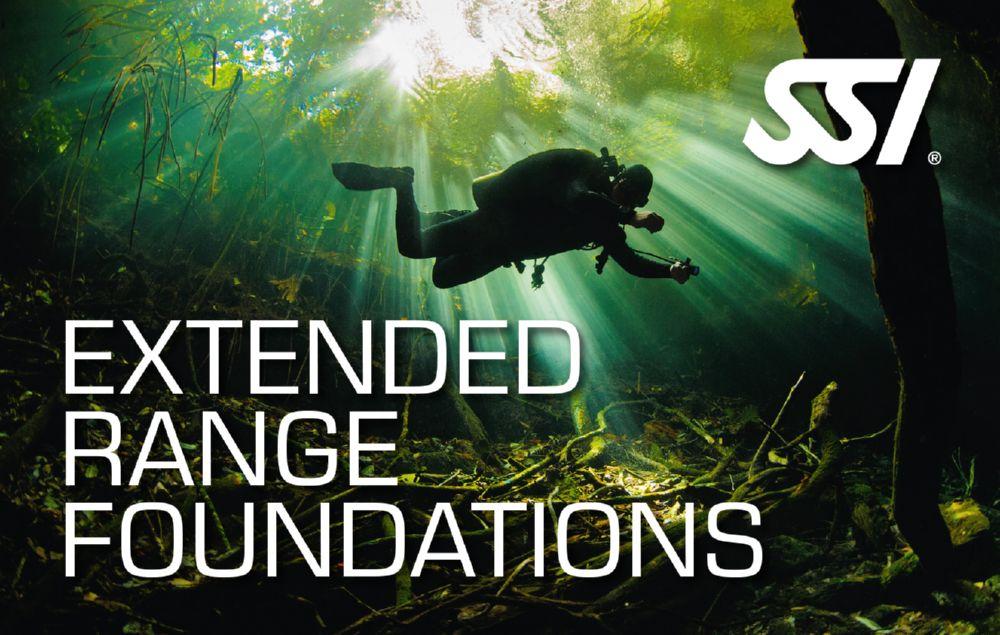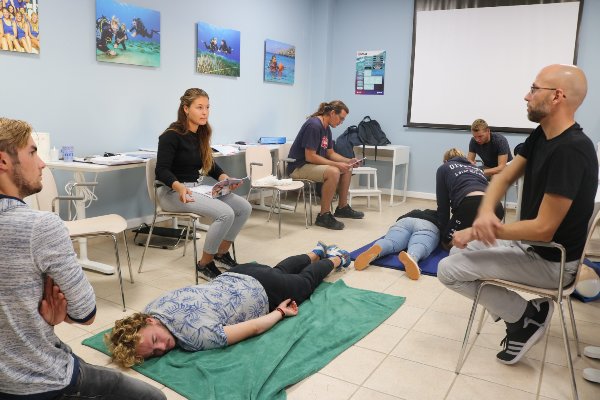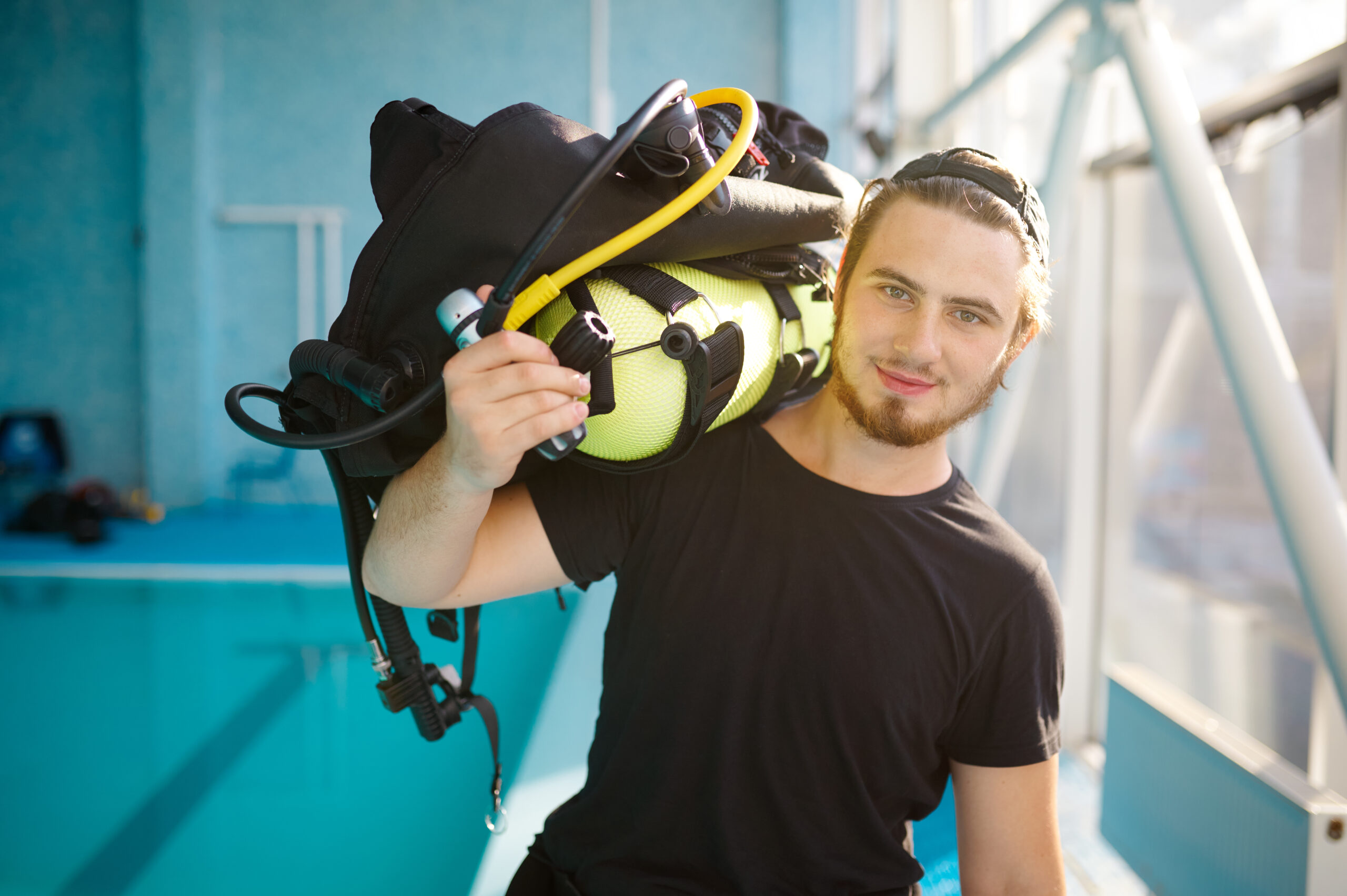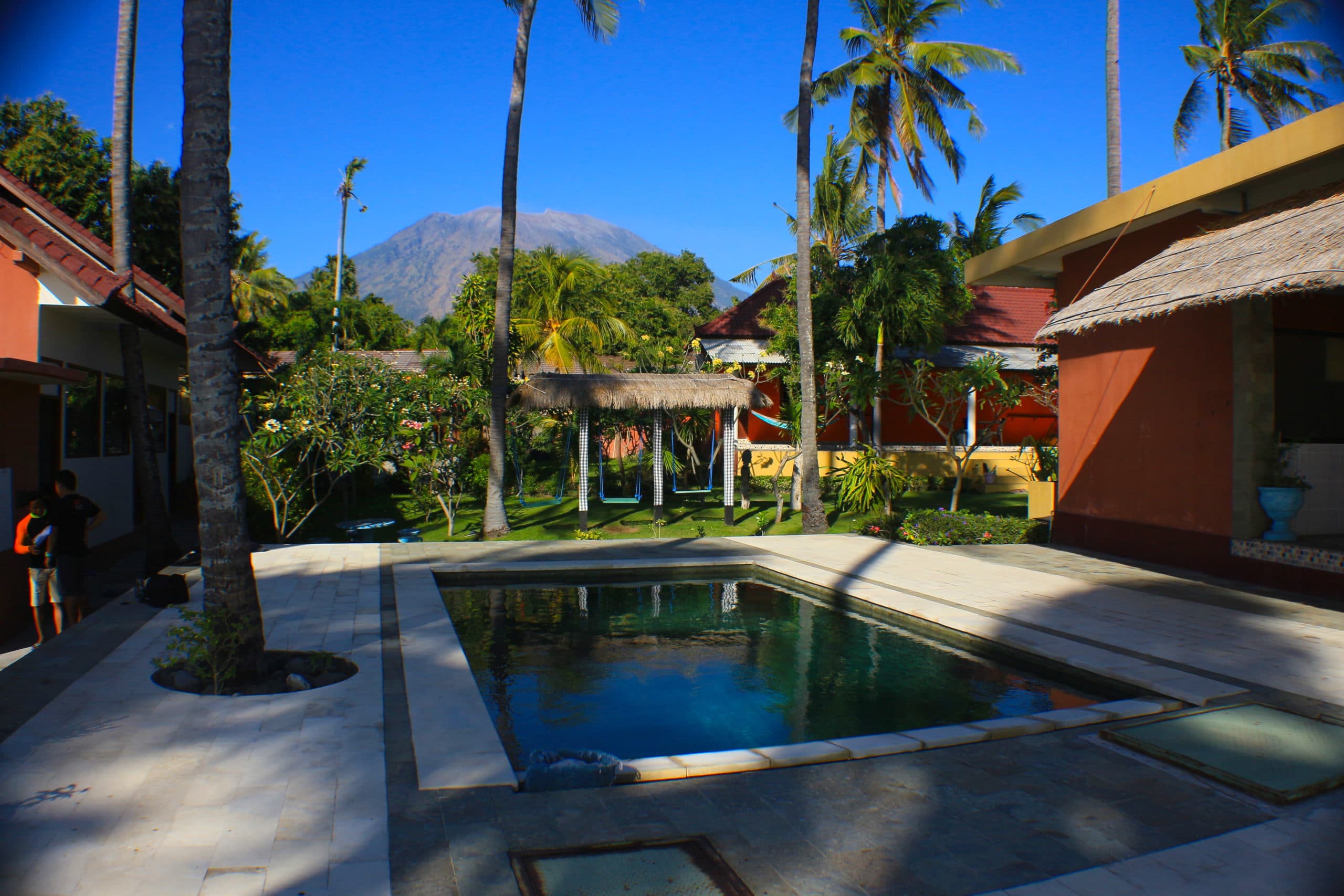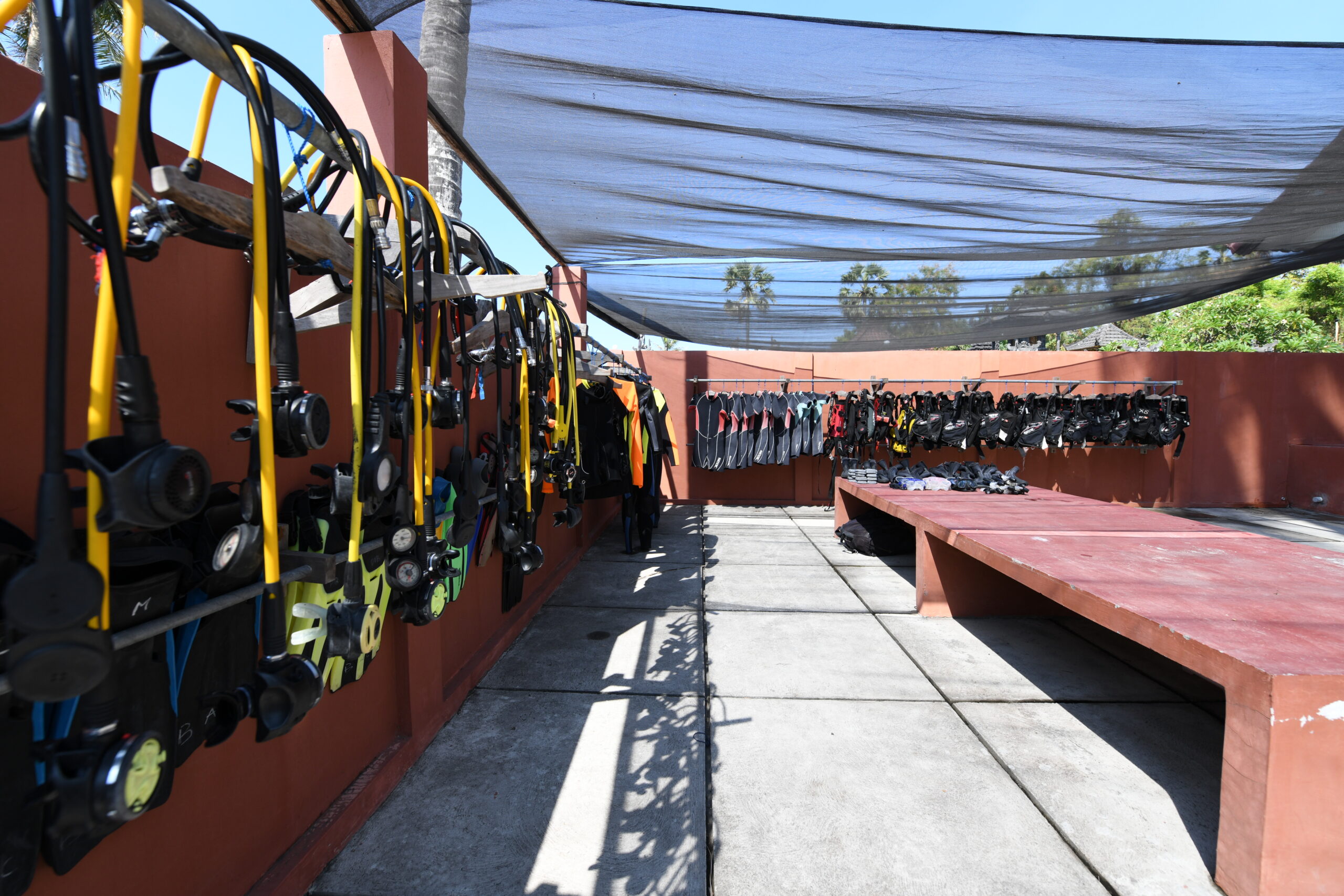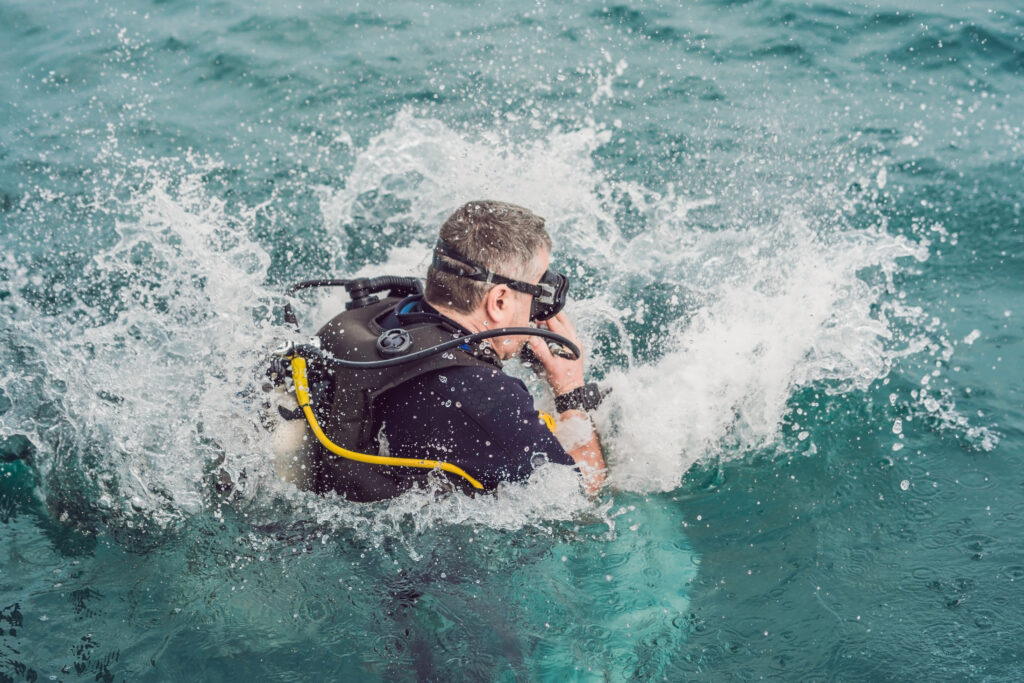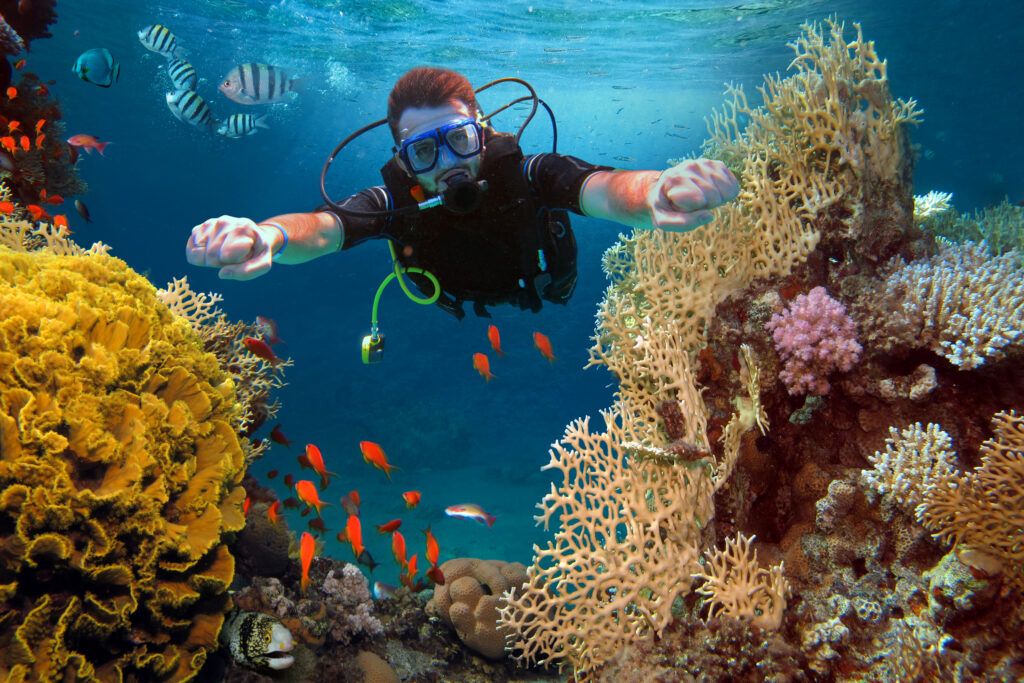Have you ever dreamed of diving in crystal clear water, surrounded by colorful reef fish? If so, the SSI Extended Range Foundations (Bali) course is for you! This course will teach you the basics of extended range diving, so you can safely explore the underwater world. Here are 5 reasons why you should take the SSI Extended Range Foundations (Bali) course:
1. Learn the basics of extended range diving
Extended range diving is a type of scuba diving that refers to dives that are deeper than 60 feet (18 meters). These types of dives require special training and equipment, and are typically only done by experienced divers.
Extended range diving is more dangerous than shallower dives because of the increased risk of decompression sickness. This is caused by the increased pressure at depth, which can cause nitrogen to build up in the body. If a diver ascends too quickly, this nitrogen can come out of solution and form bubbles in the body, which can cause pain, paralysis, and even death.
Extended range diving is also more difficult than shallower dives because of the increased water pressure. This makes it more difficult to breathe, and can also cause problems with buoyancy.
Extended range diving requires special training and equipment, and should only be attempted by experienced divers.
2. Explore the underwater world safely
With SSI Extended Range Foundations (Bali), you can explore the underwater world safely. The course covers everything from basic safety procedures to in-depth knowledge about dive equipment and dive theory. You will also learn about dive planning, gas management, and emergency procedures. This course is perfect for anyone who wants to explore the underwater world safely.
3. Get certified to dive deeper
The SSI Extended Range Foundations (Bali) course is designed to give you the skills and experience necessary to safely dive deeper than 18 meters/60 feet. The course is conducted over four days and includes four dives. You will learn about dive planning, gas management, deep diving physiology, and safety procedures for deeper diving. This course is an excellent way to gain the experience and confidence you need to safely explore the underwater world beyond 18 meters/60 feet.
4. Experience world-class diving in Bali
why_reason_4_paragraph
5. Learn from experienced instructors
1. You’ll learn from experienced instructors who have a wealth of knowledge to share.
2. The course is designed to help you expand your understanding of SSI diving concepts and principles.
3. You’ll have the opportunity to practice your skills in a variety of realistic scenarios.
4. The Extended Range Foundations course will give you a solid foundation on which to build your future diving adventures.
